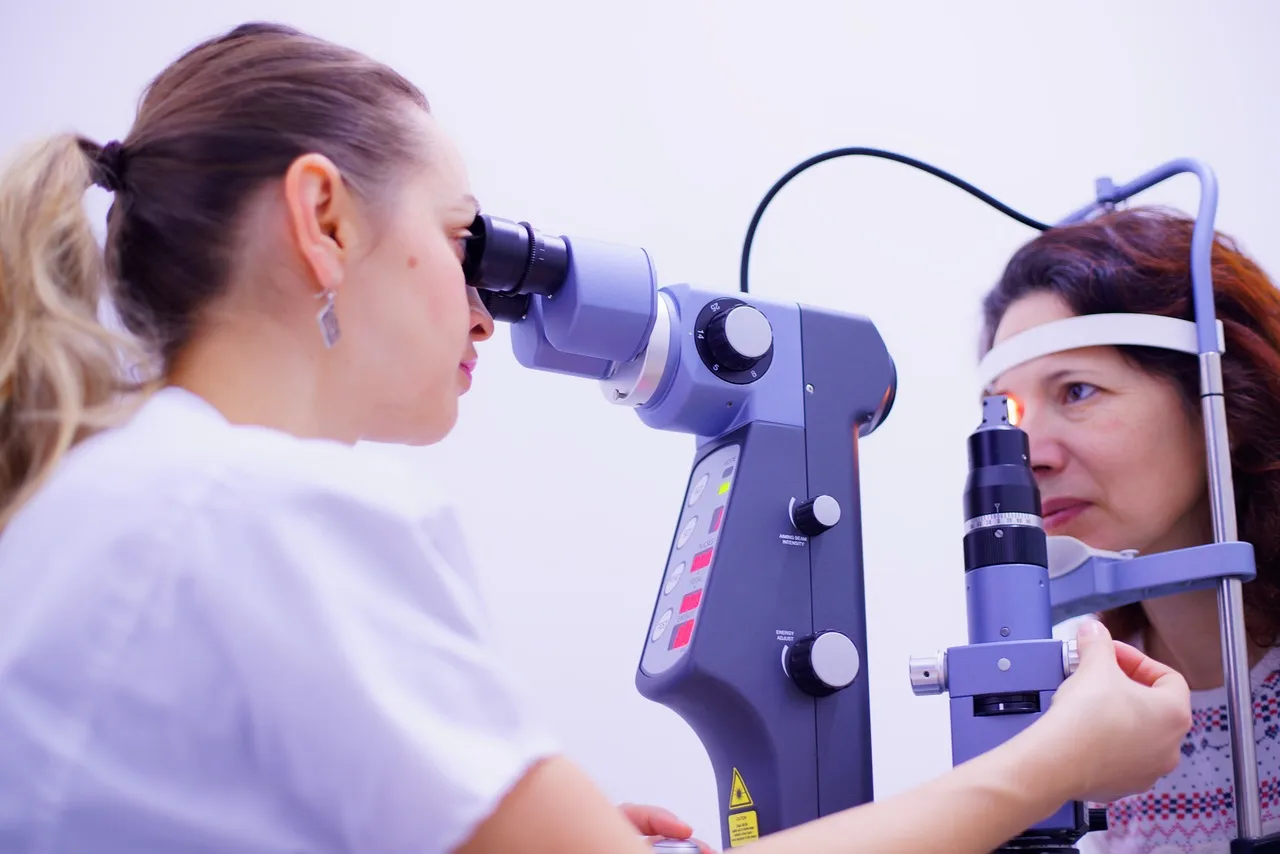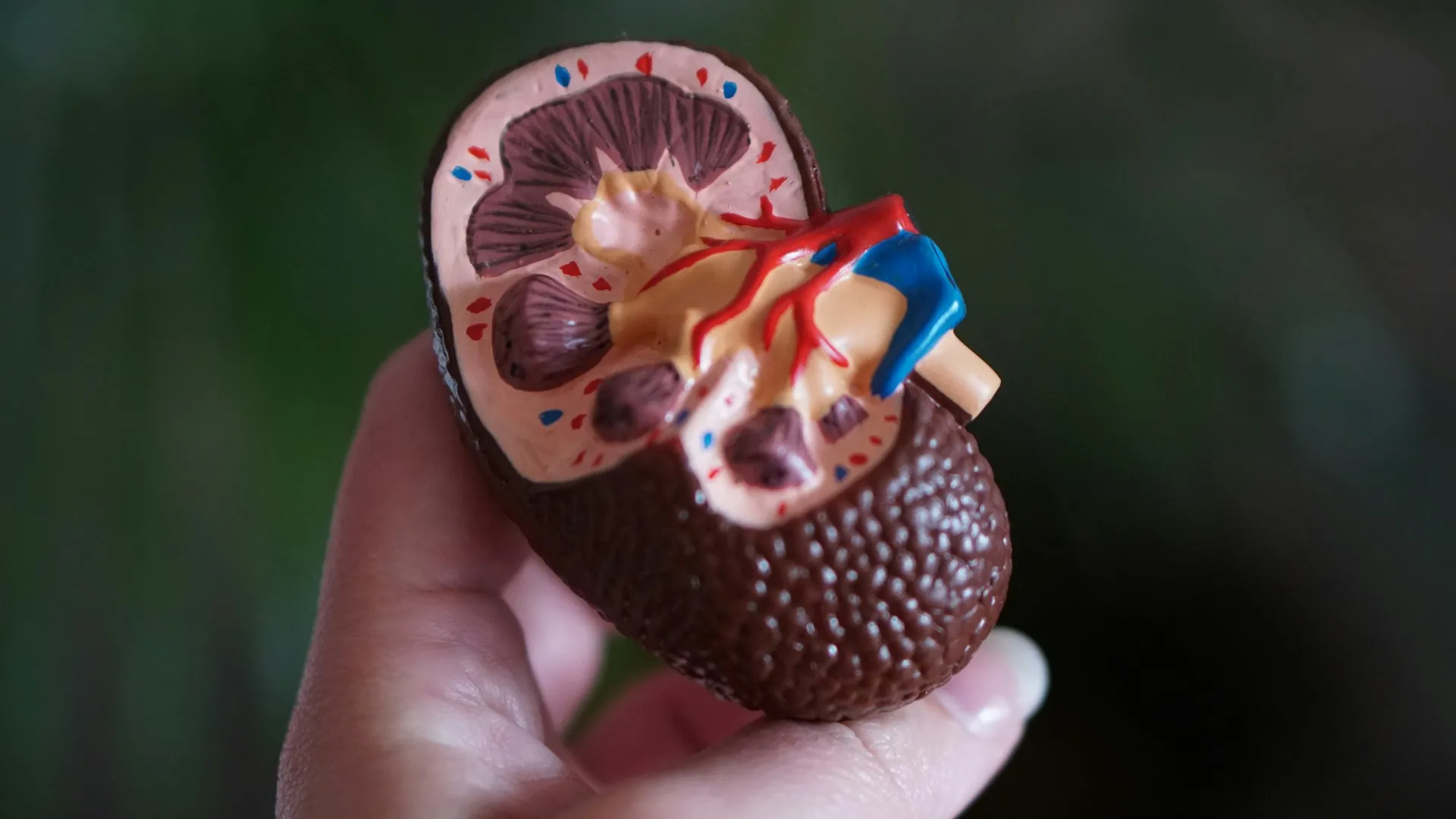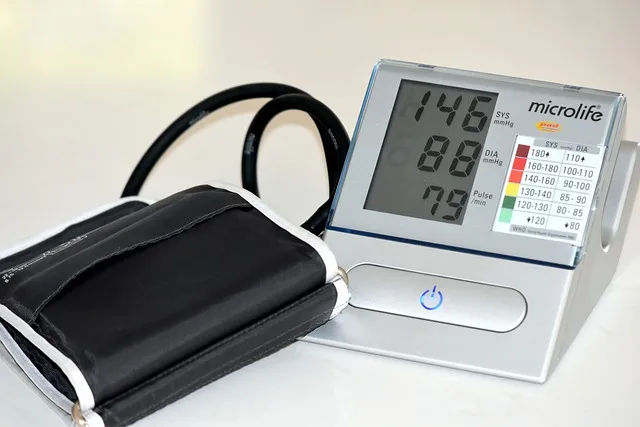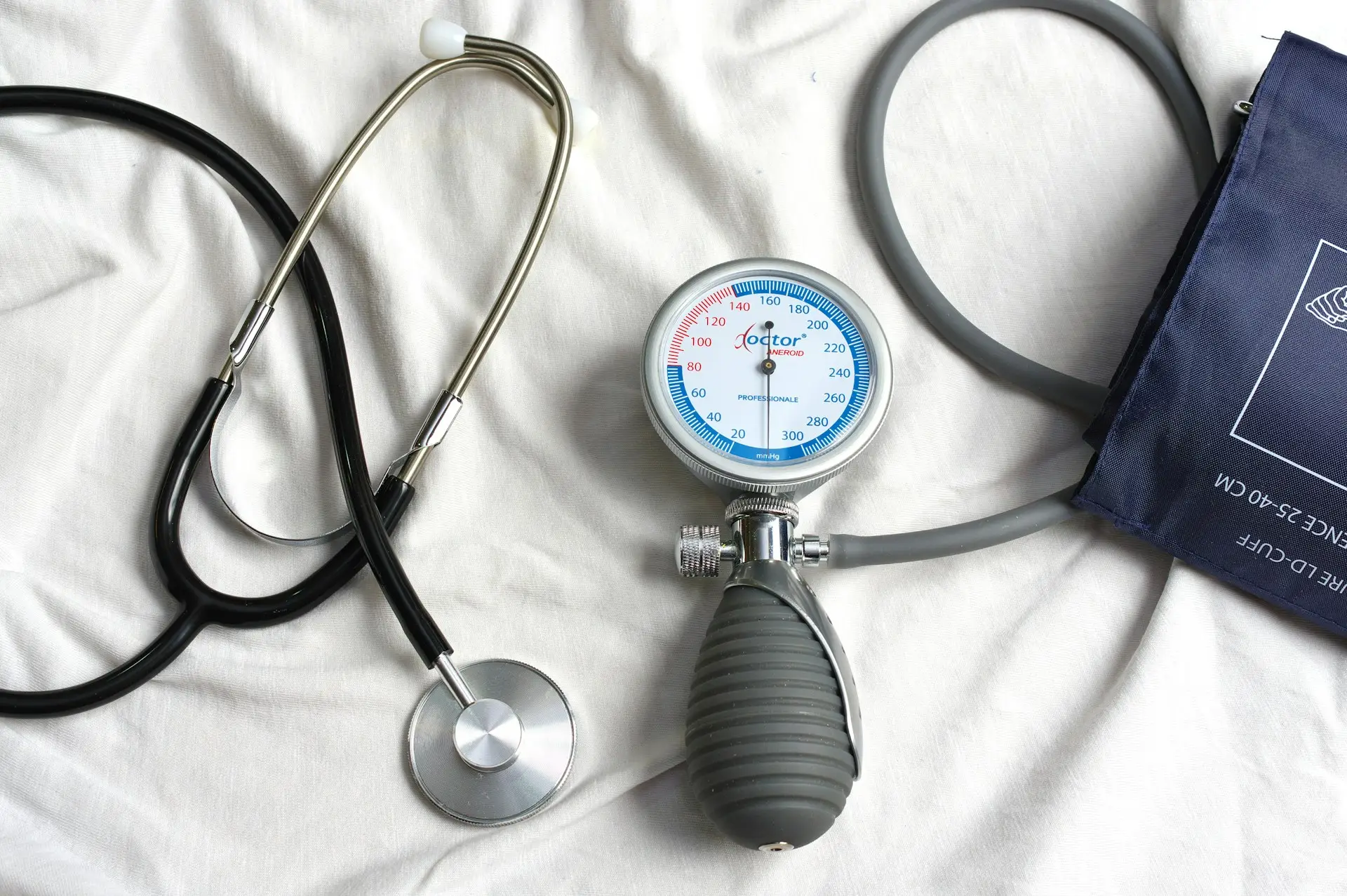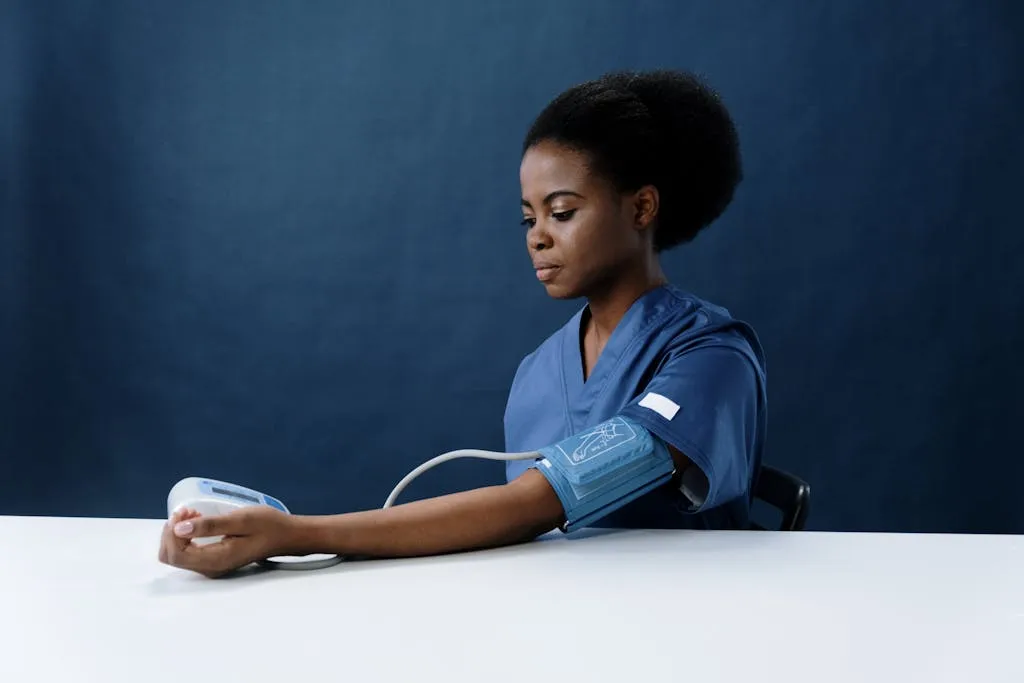Hypertensive heart disease is a group of heart conditions that occurs in people with long-term, uncontrolled high blood pressure (hypertension).
When not well controlled, high blood pressure can cause structural and functional changes in the left chamber of the heart, the blood vessels that supply the heart (coronary arteries), and the conduction system that transmits signals which cause contraction of the heart muscle.
Worldwide, about 1.28 billion adults have hypertension. About 18.6 million people have hypertensive heart disease, and more than 1 million people die from the condition every year.
How does high blood pressure affect the heart?
High blood pressure can impact different parts of the heart in different ways. The most commonly affected parts include:
The left ventricle
The left ventricle is the main pumping chamber of the heart.
Chronic high blood pressure makes it harder for your heart to pump blood to the rest of your body. This strains your heart muscles, causing them to grow and thicken over time. Thickening of the muscles of your left ventricle is called left ventricular hypertrophy (LVH).
The thickened muscles need more oxygen to function than usual, and they may even stiffen over time. Thus, LVH alters normal functioning of your heart.
The coronary arteries
Chronic high blood pressure increases your chances of developing coronary atherosclerosis, a condition where a sticky substance called plaque accumulates in the walls of your coronary arteries.
Atherosclerotic coronary arteries are narrow and unable to supply enough oxygen-rich blood to support proper functioning of your heart. This condition is called coronary heart disease (CHD) or coronary artery disease (CAD).
The conduction system
Hypertension-associated CAD and structural changes in the heart muscle can affect how well signals are transmitted within your heart, causing arrhythmias, a condition where your heart beats abnormally.
Atrial fibrillation (AFib) is the most common arrhythmia in people with hypertension. AFib is where the upper chambers of your heart, also called the atria, beat irregularly.
What are the symptoms of hypertensive heart disease?
You can have the condition without having any symptoms. Severe forms of the condition may cause symptoms like:
- Shortness of breath
- Chest pain
- Pain in the neck, jaw, arms, or shoulder
- Dizziness
- Palpitations
- Fainting
- Fatigue
- Pressure or tightness in the chest
- Persistent cough
- Sudden cardiac death
What are the risk factors of hypertensive heart disease?
Living with uncontrolled high blood pressure is the major risk factor for hypertensive heart disease. Other factors that may increase your chances of having the condition include:
- Being overweight or obese
- Being physically inactive
- Drinking too much alcohol
- Consuming a high salt diet
- Smoking
- Having diabetes
- Having high blood cholesterol
- Having a family history of heart disease
- Increasing age
How is hypertensive heart disease diagnosed?
The evaluation of your condition will include getting a detailed medical history, performing a physical exam, and having some tests done. Your doctor may ask you questions about your symptoms, how long you’ve had hypertension, your family history, and other health conditions you are currently living with.
You will have your blood pressure measured and recorded. Your body will then be physically examined for signs of heart problems. Your doctor may also examine your eyes with a special instrument called a fundoscope. Certain signs of hypertension-associated eye disease may be used to estimate the duration and severity of your high blood pressure.
You may also have one or more tests done to check for features of hypertensive heart disease. These tests include:
- Electrocardiogram (EKG): An EKG technician will place patches in your chest, arms, and legs. These patches will detect your heart’s electrical activity, which will be seen on a screen.
- Echocardiogram (Echo): Here, sound waves are used to look at the functioning and detailed structure of your heart.
- Coronary Angiography: A thin, flexible tube called a catheter is inserted through an artery in your groin and up into a coronary artery. A dye is injected through the catheter into the artery. X-ray images are then taken and used to examine blood flow within your coronary arteries.
- Blood tests: Tests to measure your blood sugar levels, electrolyte levels (for example sodium, potassium, calcium), cholesterol levels, and how well your kidneys are functioning, may also be done.
What are the complications of hypertensive heart disease?
Prolonged hypertension may eventually lead to LVH, CHD and arrhythmias. These conditions can lead to complications like:
- Heart failure
- Stroke
- Sudden cardiac death
- Kidney failure
- Heart attack
How is hypertensive heart disease treated?
Treatment for hypertensive heart disease varies from one individual to another and will depend on how serious your condition is, your age, and other medical conditions you have. The different treatment options available will aim at controlling your blood pressure, managing the heart problems it causes, and the complications of the condition. The treatment may include:
Lifestyle adjustments
Lifestyle choices that may be beneficial include:
- Consuming a heart healthy diet. You need to eat a diet rich in fruits, vegetables, and whole grains but low in cholesterol and salt (sodium).
- Regular aerobic exercise. Activities like walking, running, swimming, and cycling can decrease your blood pressure and improve cardiovascular health.
- Losing weight if you’re obese or overweight. It is recommended to lose weight gradually. You may need to talk to your doctor before you take diet pills because some of them can worsen symptoms of heart disease.
- Getting help to stop smoking and cut down alcohol intake.
Medications
The medications which can be used to reduce blood pressure in hypertensive heart disease include:
- Calcium channel blockers such as amlodipine, verapamil
- Diuretics such as metolazone, furosemide, hydrochlorothiazide
- Angiotensin-converting enzyme (ACE) inhibitors such as captopril, lisinopril, enalapril
- Angiotensin receptor blockers (ARBs) such as losartan, telmisartan, valsartan
- Beta-blockers such as propranolol, metoprolol, atenolol
- Vasodilators such as hydralazine
Examples of other medications that may be used to treat hypertension-related heart problems and prevent their complications are:
- Angiotensin receptor/neprilysin inhibitor (ARNi). Sacubitril/valsartan is currently the only FDA approved ARNi.
- Nitrates such as nitroglycerin
- Anticoagulants such as warfarin, apixaban, rivaroxaban
- Antiplatelet drugs such as aspirin, clopidogrel
- SGLT2 (Sodium-glucose transport protein 2) inhibitors such as empagliflozin, dapagliflozin
Surgery
Sometimes, you may need to have your coronary arteries unclogged surgically.
In rare cases, certain procedures may be used to treat AFib.
How can I prevent hypertensive heart disease?
Monitoring your blood pressure frequently, taking your blood pressure lowering medications, and making healthy lifestyle choices are the most important ways to prevent hypertensive heart disease.
If you have other medical conditions which can affect your heart health such as diabetes, kidney disease, sleep apnea and high cholesterol levels, it is also necessary to have them adequately managed.
If necessary, talking to a professional to help you find ways to manage your stress and anxiety better may also reduce your chances of getting hypertensive heart disease.
What should I remember?
Hypertensive heart disease is a serious condition caused by prolonged high blood pressure, which forces the heart to work harder and can lead to heart failure, arrhythmias, and other complications. Over time, the heart muscles can thicken, stiffen, or weaken, making it harder to pump blood effectively.
Prevention and management are key to reducing the risks of hypertensive heart disease. Regular blood pressure checks, a balanced diet, regular exercise, and avoiding tobacco and excessive alcohol are essential steps. Recognizing symptoms like chest pain, fatigue, or shortness of breath can lead to early intervention, helping to protect heart health and improve quality of life.



